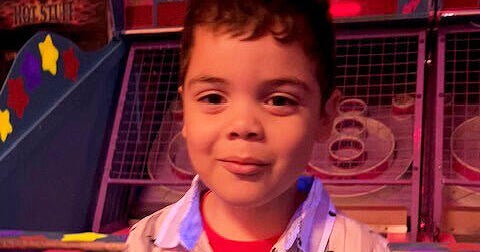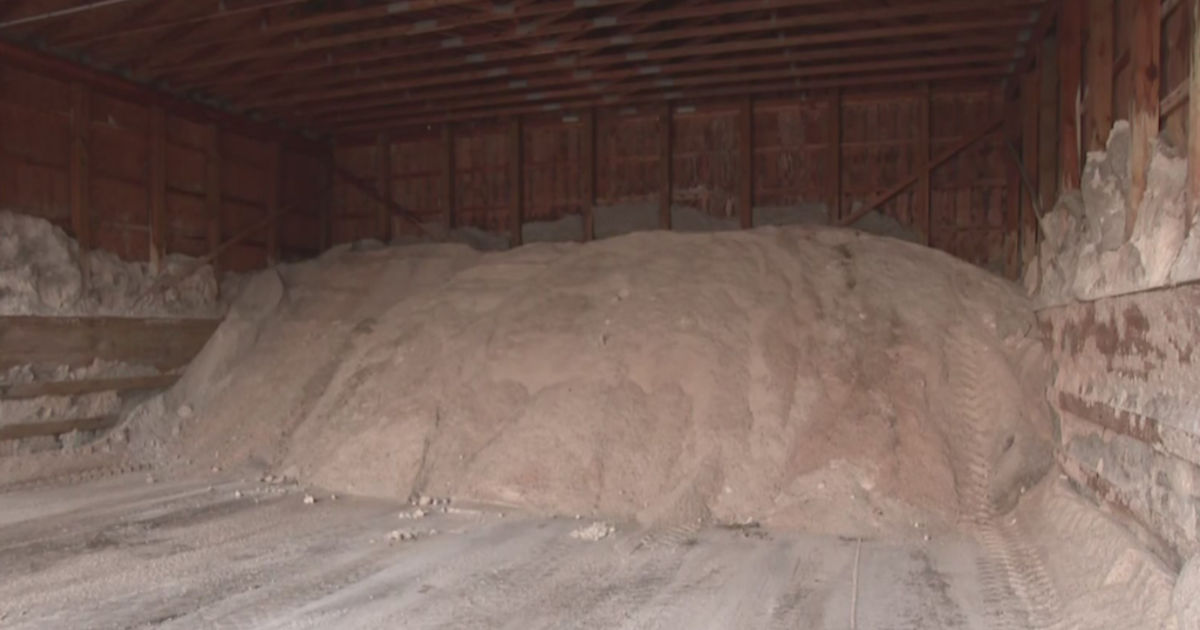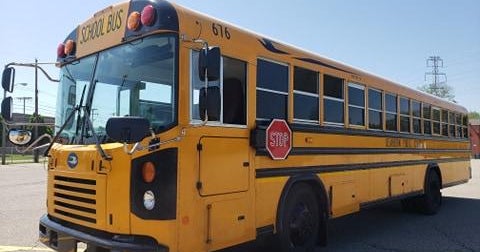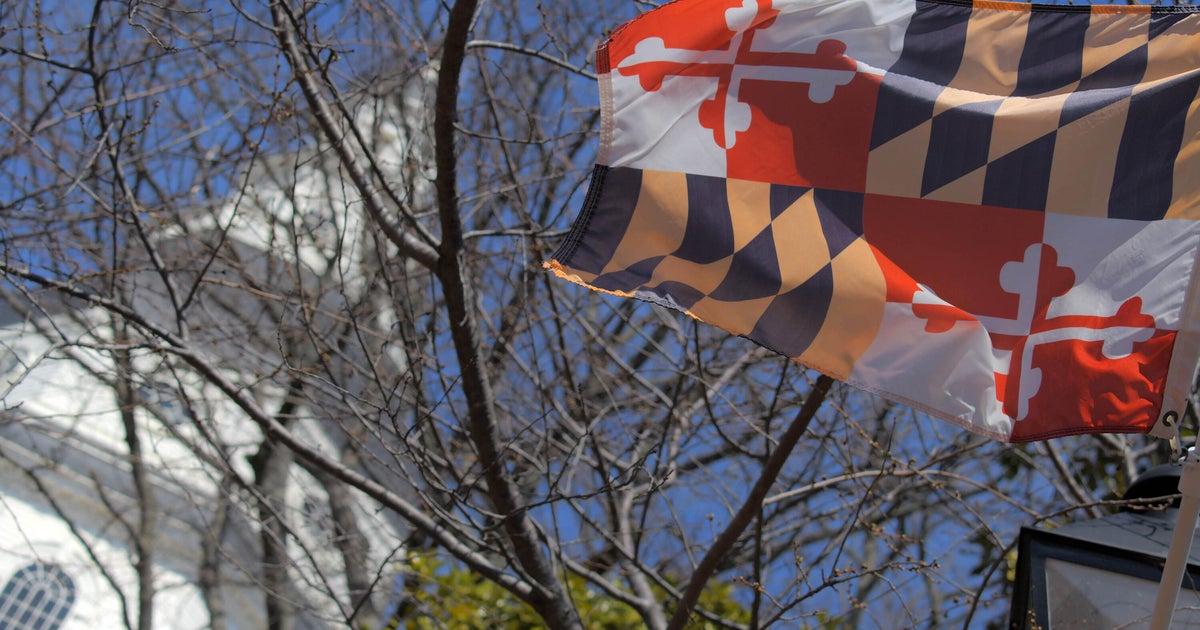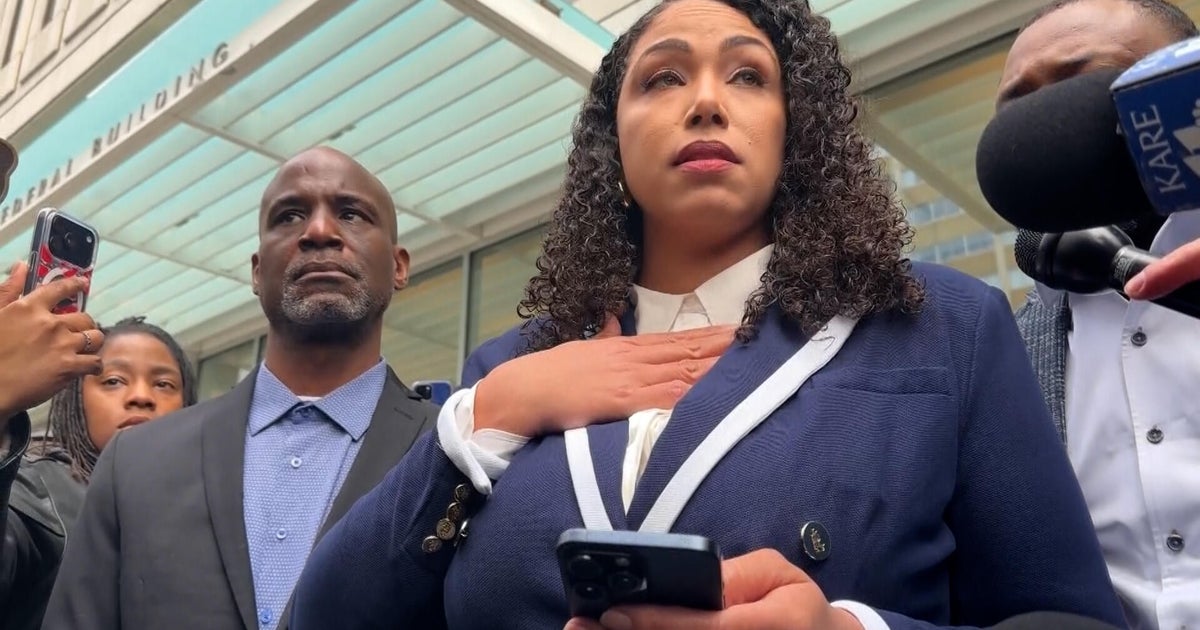Shifting Mindset: What About the Baby?
Written by Dr. Harleen Hutchinson, Infant Mental Health Specialist, Executive Director, The Journey Institute, Inc.
About Broward AWARE!
Families deserve to live in communities with resources and information that provide safe and healthy experiences for children…and children deserve to enjoy a childhood allowing for safe play, learning and nurturing.
Broward AWARE, Protecting Our Children combines the efforts of dozens of agencies engaged in the prevention of child abuse and neglect or the healing of its effects to provide the community with the resources necessary to keep our children safe.
Upcoming Broward AWARE! Event:
33311 Family Festival
Saturday, Jan. 28, 2017
10:00 a.m. – 2:00 p.m.
Joseph C. Carter Park
1450 W. Sunrise Blvd., Fort Lauderdale, FL 33311
Event Info: http://bit.ly/2jN9qkP
The birth of a baby ushers the beginning of a new life and a new set of relationships at the foundation of growth and development in the baby's physical, emotional, social, and mental health. These first experiences create the basis for future relationships. Early experiences, including early relationships, can influence the baby's developing brain. Therefore, babies need to be attended to by their parents in ways that are attuned to their social-emotional needs: consistent, predictable and within a safe environment. A wealth of research on brain development supports the importance of meeting those needs for the development of trust, empathy, compassion, generosity, and conscience. In other words: the relationship of babies with their parents plays a key role in how their brain develops.
When infants and toddlers have been exposed to adverse events such as trauma, abuse, neglect, health problems, violence, parental substance abuse and attachment challenges, the architecture of the baby's developing brain can be adversely affected. When this disruption happens on a consistent basis and the baby's needs are not met within a safe and nurturing environment, then stress levels become toxic. If early interventions are not provided, this toxic stress activation can disrupt the wiring of the brain and cause functional disruptions that may persist into adulthood. It is important to remember that abuse, neglect and other traumatic events impact children differently. Some children's reactions will depend on their developmental level, what their lives were like prior to abuse, level of exposure to the trauma, prenatal reactions to the trauma and subsequent changes in their living situation. Research shows that a supportive relationship with at least one caregiver can provide a buffer and positive long-term influences on the child's development, contributing to optimal cognitive, and social-emotional development.
So, we ask: What about the baby? Babies are a window into the essence, the past, and the present experiences of their parents. What the baby evokes in his or her parents can provide an opportunity for parents to revisit their "ghost in the nursery", the unresolved issues that they carry within them from their own infancy. If these experiences are not acknowledged, they can create challenges in the parent-child relationship, impacting the parents' overall ability to be present and emotionally available to their baby.
When we speak of shifting mindsets, we are referring to the importance of becoming more aware, knowledgeable, and perceptive to the needs of infants and toddlers who are impacted by their parents' negative adverse life experiences. These experiences create challenges within the parent-child relationship, requiring the attention and treatment by professionals who can provide early intervention and prevention services.
Unfortunately, many babies in our communities do not benefit from a consistent level of care, despite their parents' love. These babies often experience difficulty in forming trusting relationship that are at the foundation for the development of secure relationships. Therefore, as we become more engaged in the dialogue of trying to understand the connection between a baby's exposure to negative life experiences and their development, we need to think; "If this baby could talk, what would it say? What would it want us to do?"
When we talk about the baby's need, we have to keep in mind that the most important years are between birth to 3, when infants' brains are developing at a fast rate. Therefore, we want to be able to capture this window of opportunity as a chance to make lasting changes. We need to stand tall, and strong to be the voice for the babies in advocating to policy makers, health care professionals, judges, child welfare workers, and early childhood educators to begin to shift the mindset with the baby's best interest at the forefront. In changing mindset, it is important to focus on the on-going partnerships with community agencies that specialize in the early childhood population, and other systems and services that can support the child's development, while simultaneously providing intensive support for families from a wide range of cultural backgrounds.
The Children's Services Council of Broward County is an independent taxing authority which was established by a public referendum on September 5, 2000, and reauthorized via referendum on November 4, 2014, which, through Public Act, Chapter 2000-461 of the laws of Florida, authorized the Council to levy up to 0.5 mills of property taxes. The role of the Council is to provide the leadership, advocacy and resources necessary to enhance children's lives and empower them to become responsible, productive adults through collaborative planning and funding of a continuum of quality care. To learn more about programs and services the Children's Services Council funds, please call (954) 377-1000.
Above content provided by Children's Services Council of Broward County.

